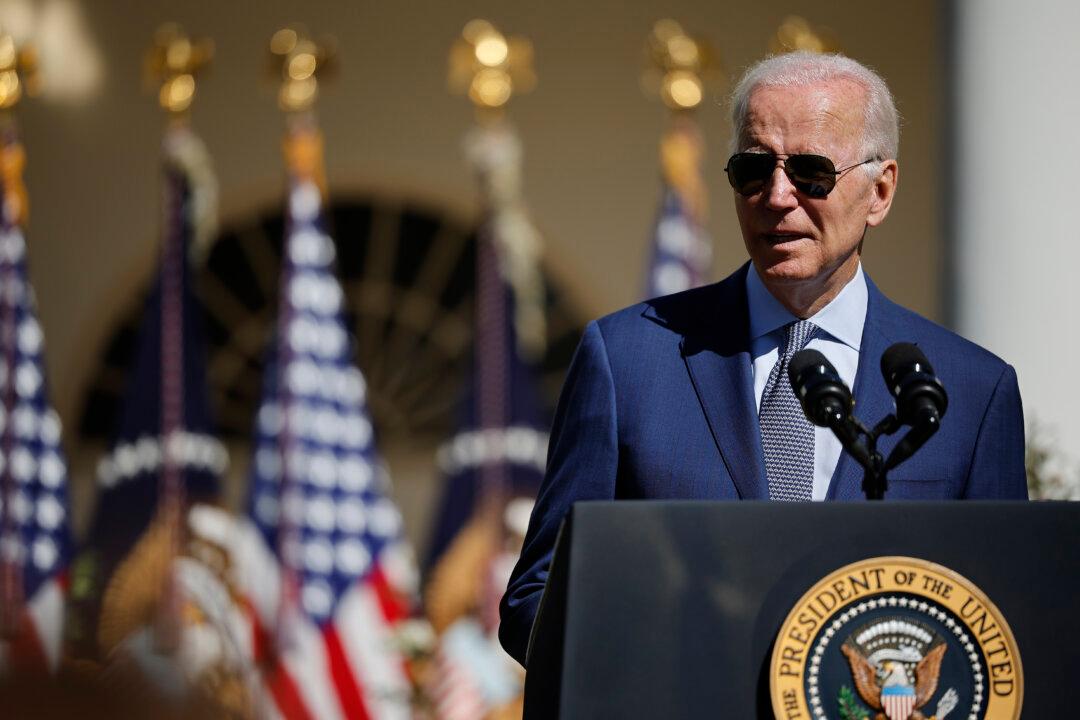The Biden administration on Sept. 29 released a strategic framework for ties with Pacific Island nations, the first document of its kind. The move came amid heightened actions by the Chinese regime to draw the region under its influence.
Biden Administration Announces New Strategy for Pacific Islands Amid Rising Chinese Influence

President Joe Biden delivers remarks in Washington on Sept. 28, 2022. Chip Somodevilla/Getty Images
Andrew Thornebrooke is a former national security correspondent for The Epoch Times covering China-related issues with a focus on defense, military affairs, and national security. He holds a master's in military history from Norwich University.
Author’s Selected Articles



